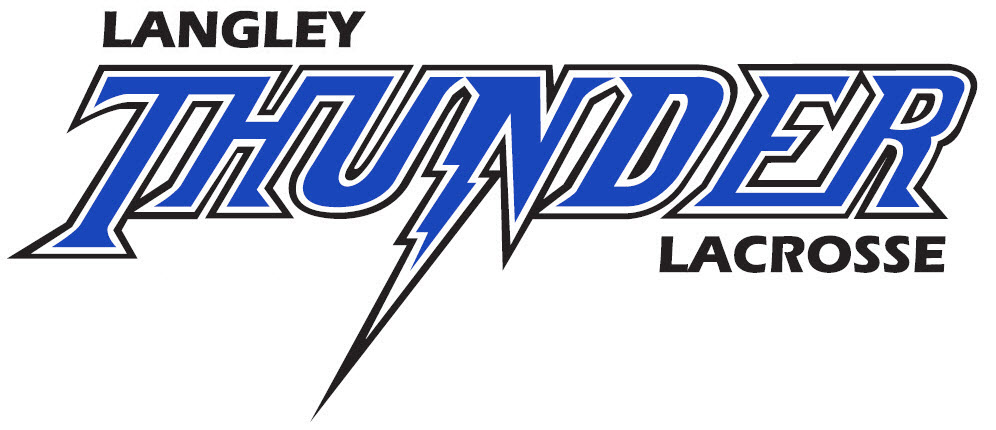Code of Conducts
Player's Code of Conduct
- Play for the fun of it, not just to please your parents or coach.
- Play by the Rules
- Never argue with an official’s decisions. Let your coach or Captain ask any necessary questions. Don’t argue with calls that go against your team.
- Control your temper, don’t mouth off, throw equipment, tease or goad the opponent.
- Respect and take care of your uniform, the team’s equipment and the facilities.
- Work equally hard for yourself and your team, even if your team is losing by a large margin of goals. Your team’s performance will benefit and so will your own.
- Be a good sport. Cheer all good plays, whether it is your teams or your opponents.
- Treat all players, as you yourself would like to be treated. Don’t interfere with, bully or take unfair advantage of any player.
- Don’t be a show off or always try to get the most goals. Remember that the goals of the game are to have fun, improve your skills and feel good. Develop your own skills in order to contribute to your team.
- Cooperate with your coach, teammates and opponents, for without them you don’t have a game.
- Don’t yell at teammates for making a mistake. Never criticize teammates or coaches on the sidelines.
- Admit your mistakes instead of making excuses or blaming others.
- Win or Lose, be sure to shake hands with the opponent and officials after a game.
Parent/Guardian's Code of Conduct
- Do not force an unwilling child to participate in sports.
- Remember children are involved in organized sports for their enjoyment, not yours.
- Encourage your child to always play by the rules and to resolve conflicts without resorting to hostility or violence.
- Teach your child that honest effort is as important as winning so that the result of each game is accepted without undue disappointment.
- Make your child feel like a winner every time by offering praise for competing fairly and trying hard.
- Never ridicule or yell at your child, or any other child for making a mistake or losing a competition. Help your child work toward skill improvement and good sportsmanship.
- Remember that children learn best by example. Applaud good plays by your team and by members of the opposing team.
- Do not publicly question an official’s judgement, and never their honesty. Remember that most officials are either volunteers or themselves children learning the responsibility of a job.
- Support all efforts to remove verbal or physical abuse from children’s sporting activities.
- Recognize the value and importance of the coaches. They are volunteers giving of their time and resources to provide recreational activities for your child.
- Be ready to assist the team and the league whenever possible within the limits of your own time and resources.
- Do not verbally abuse, criticize or direct negative comments toward any official, coach or player.
ʔi ʔə tə n̓ɑ tәmәx ʔә ƛ̓ šxʷq̓ic̓əyɑʔɬ ʔiʔ šxʷq̓ʷɑ:n̓ƛ̓ən̓ɑʔɬ, mәsteyәxʷ
We respectfully acknowledge that our operations are on the unceded traditional territory of the Katzie and Kwantlen people.
